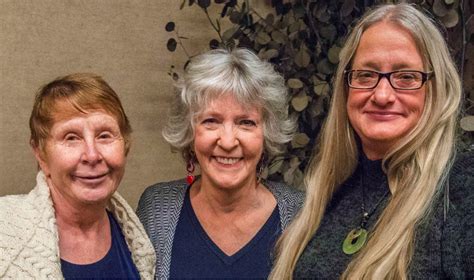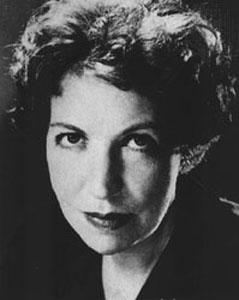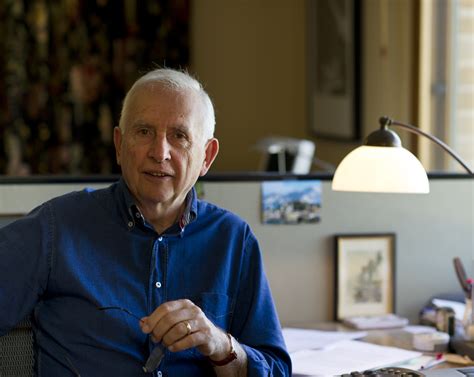A Quote by Marcia Muller
Women in mystery fiction were largely confined to little old lady snoops - amateur sleuths - who are nurses, teachers, whatever.
Related Quotes
When I recall my teachers at school, I realise that half of them were abnormal. . . . We pupils of old Austria were brought up to respect old people and women. But on our professors we had no mercy; they were our natural enemies. The majority of them were somewhat mentally deranged, and quite a few ended their days as honest-to-God lunatics! . . . I was in particular bad odor with the teachers. I showed not the slightest aptitude for foreign languages - though I might have, had not the teacher been a congenital idiot. I could not bear the sight of him.
..and certain that life consisted of a few simple signals and decisions; that death took root at the moment of birth and man’s only recourse thereafter was to water and tend it; that propagation was a fiction; consequently, society was a fiction too; that fathers and teachers, by virtue of being fathers and teachers, were guilty of a grievous sin.
The films that I loved growing up were the science fiction films from the late seventies and early eighties [films], which were more about the people and how they are affected by the environments that they are in. Whether they are sort of futuristic or alien of whatever they are; that was the science fiction that I loved. So that is what we tried to make, the sort of film that felt like those old films.



































